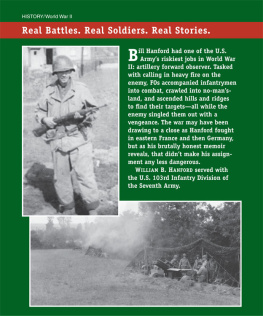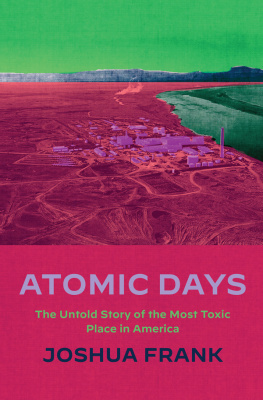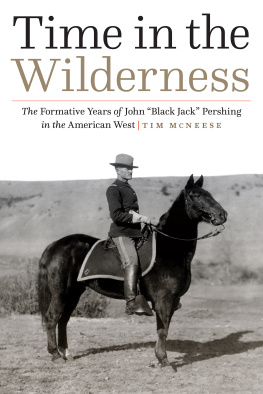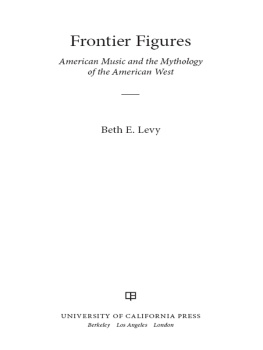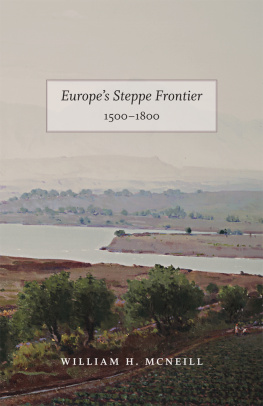
Emil & Kathleen Sick Series in Western History and Biography
With support from the Center for the Study of the Pacific Northwest at the University of Washington, the Sick Series in Western History and Biography features scholarly books on the peoples and issues that have defined and shaped the American West. Through intellectually challenging and engaging books of general interest, the series seeks to deepen and expand our understanding of the American West as a region and its role in the making of the United States and the modern world.
The Great Columbia Plain: A Historical Geography, 1805-1910
by Donald W. Meinig
Mills and Markets: A History of the Pacific Coast Lumber Industry to 1900
by Thomas R. Cox
Radical Heritage: Labor, Socialism, and Reform in Washington and British Columbia, 1885-1917
by Carlos A. Schwantes
The Battle for Butte: Mining and Politics on the Northern Frontier, 1864-1906
by Michael P. Malone
The Forging of a Black Community: Seattle's Central District from 1870 through the Civil Rights Era
by Quintard Taylor
Warren G. Magnuson and the Shaping of Twentieth-Century America
by Shelby Scates
The Atomic West
edited by Bruce Hevly and John M. Findlay
Power and Place in the North American West
edited by Richard White and John M. Findlay
Henry M. Jackson: A Life in Politics
by Robert G. Kaufman
Parallel Destinies: Canadian-American Relations West of the Rockies
edited by John M. Findlay and Ken S. Coates
Nikkei in the Pacific Northwest: Japanese Americans and Japanese Canadians in the Twentieth Century
edited by Louis Fiset and Gail M. Nomura
Bringing Indians to the Book
by Albert Furtwangler
Death of Celilo Falls
by Katrine Barber
The Power of Promises: Perspectives on Indian Treaties of the Pacific Northwest
edited by Alexandra Harmon
Warship under Sail: The USS Decatur in the Pacific West
by Lorraine McConaghy
Shadow Tribe: The Making of Columbia River Indian Identity
by Andrew H. Fisher
A Home for Every Child: Relinquish-ment, Adoption, and the Washington Children's Home Society, 1896-1915
by Patricia Susan Hart
Atomic Frontier Days: Hanford and the
American West
by John M. Findlay and Bruce Hevly
ATOMIC FRONTIER DAYS
Hanford and the American West
JOHN M. FINDLAY AND BRUCE HEVLY
Center for the Study of the Pacific Northwest
in association with
University of Washington Press
Seattle and London
Copyright 2011
by University of Washington Press
18 17 16 15 14 13 12 11 10 9 8 7 6 5 4 3 2 1
All rights reserved. No part of this publication may be reproduced or transmitted in any form or by any means, electronic or mechanical, including photocopy, recording, or any information storage or retrieval system, without permission in writing from the publisher.
CENTER FOR THE STUDY OF THE PACIFIC NORTHWEST
P.O. Box 353587, Seattle, WA 98195 U.S.A.
UNIVERSITY OF WASHINGTON PRESS
P.O. Box 50096, Seattle, WA 98145, U.S.A.
www.washington.edu/uwpress
LIBRARY OF CONGRESS CATALOGING-IN-PUBLICATION DATA
Findlay, John M., 1955-
Atomic frontier days : Hanford and the American West /
John M. Findlay and Bruce Hevly.
p. cm. (Emil and Kathleen Sick series in Western history and biography)
Includes bibliographical references and index.
ISBN 978-0-295-99097-2 (pbk. : alk. paper)
e-ISBN: 978-0-295-80298-5
1. Nuclear facilitiesWaste disposalWashington (State)Hanford Site. 2. Radioactive waste disposalWashington (State)Hanford Site. 3. Nuclear reactorsWashington (State)Hanford Site. 4. Hanford Site (Wash.) I. Hevly, Bruce William. II. Title.
TD898.12.W2F56 2011 623.451190979751dc22 2011004808
Printed in the United States of America
Design by Ashley Saleeba / Composed in Minion Pro and Futura
The paper used in this publication meets the minimum requirements of American National Standard for Information SciencesPermanence of Paper for Printed Library Materials, ANSI Z39.48-1984.
Illustrations
Acknowledgments
We are grateful to many people and organizations for supporting this project. Our research benefited early on from funding from the U.S. Department of Energy (Cooperative Agreement no. DE-FC06-91-RL12260). We are indebted to Tom Bauman and especially Marji Parker of the Richland Operations Office for overseeing the grant and providing so much encouragement. The Cooperative Agreement helped us to produce a manuscript called Nuclear Technologies and Nuclear Communities: A History of Hanford and the Tri-Cities (1995, available in PRR). The project received financial support as well from the University of Washington Graduate School Research Fund, and from the Department of History, University of Washington, and in particular the Howard and Frances Keller Endowed Fund to support faculty research and the Lenore Hanauer Fund.
We received considerable support at the many libraries we visited, and extend our heartfelt thanks to the staffs at all of them: Special Collections, University of Washington Library, Seattle (where Carla Rickerson and Karyl Winn deserve special mention); the U.S. Department of Energy Public Reading Room in Richland, Washington (where Terri Traub proved as kind as she was helpful); the Richland Public Library, Richland, Washington; the Hagley Museum and Library, Wilmington, Delaware; the Penrose Library, Whitman College, Walla Walla, Washington; the Office of History and Heritage Resources, U.S. Department of Energy, Germantown, Maryland (where Roger Anders, Benjamin Franklin Cooling, and Terrence Fehner were most accommodating); the National Archives Center, Southeast Region, Morrow, Georgia (where Charlie Reeves guided us to wonderful materials); the National Archives Regional Facility, Seattle; and the National Archives in Washington, D.C. In searching for photographs, we benefited from the deep knowledge and keen interest of Dan Ostergaard, a photographic specialist who works for Lockheed Martin, a DOE subcontractor in the Tri-Cities, Washington. Gabriele Sperling of the Franklin County Historical Society and Museum, Pasco, Washington, and Corene Hulse of the East Benton County Historical Museum, Kennewick, Washington, also helped us identify suitable photographs. Frederick Bird conscientiously prepared the maps for the book.
Over the years, many graduate students served as research assistants on this project. We thank Jennifer Alexander, Sharon Boswell, John Eby, Glen Furnas, Lorraine McConaghy, Chad Moody, Kathy Morse, Will Prust, Joe Roza, Robert Self, and Moran Tompkins. Matt Klingle shared his related research with us. We benefited from conversations with several former Hanford employees, including in particular the late Fred Clagett and the late Merle Harmon. Doug Tillson of Kennewick provided a guided tour of the hydroplane pits once home to the Atomic Cup during a Columbia Cup race. Over the years, numerous scholars listened to our ideas and offered thoughts or nuggets from their own research. Paul Forman of the Smithsonian's National Museum of American History was an informative companion for a tour of the B reactor early in our work. We are particularly grateful to colleagues Dan Pope and Michele Gerber, who commented helpfully on the entire manuscript at a late stage, and for their own scholarship on nuclear energy in Washington State. Finally, we appreciate the close reading by three anonymous readers for the University of Washington Press, the editing of Kerrie Maynes, and the patience and encouragement of Julidta Tarver and Marianne Keddington-Lang.



